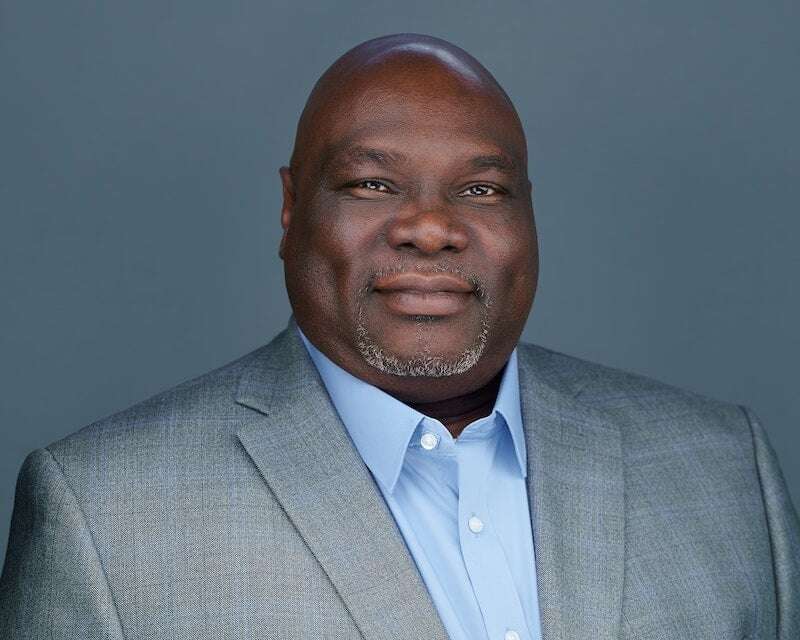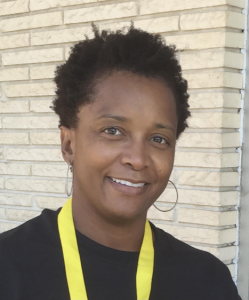How SMART Works Well in African American Communities Where a Spiritual Orientation Suggests Only 12-Step Programs Are Suitable
By Barry Grant, Ph.D.
SMART Recovery was recently questioned about the need for recovery support meetings based on a program other than the 12-step model within African American communities. The 12-step’s spiritual approach was touted as the only necessary recovery program match based on the spiritual beliefs of the community. We turned to Barry Grant, former inmate, former SMART Recovery Board Member, current professional addiction counselor and African American community member to get his take on this question.
The perception that 12-steps is the only way in the African American community is fueled by many factors:
- Social tradition
- Community convenience
- Limited information regarding other recovery programs
- The quest for deliverance
Within the African American community, religion is historically contextualized around deliverance. That theory would tend to resonate with the 12-step philosophy. And, with the growing need to offer relief from substance use disorders in inner-cities, the idea of an approach mimicking a 12-step model may be viewed as an attractive feature as well. It’s a simple, pat answer – it’s the “go to.”
However, that same quest for deliverance holds the key to self-empowerment, which is also highly valued among African Americans. For that reason alone, it’s arguable that inner-city residents of African American heritage can and often do seek and choose something other than a 12-step recovery path. As time passes, more and more individuals are choosing self-management, which will generate power among African Americans as they learn that SMART’s 4-Point Program® and tools are beneficial and share this experience with others in the community.
I have personally benefited from SMART in this manner and have shared it widely with others. In fact, I discovered SMART while incarcerated some 20 years ago after engaging in a life driven by addictive and criminal behavior. My embrace of SMART Recovery was born of my inherent desire to deliver my “Self” from the culturally conditioned throes of a self-defeating, self-destructive circumstance. With a great deal of effort and support from the SMART community and others, I succeeded.
Over the past 18 years, I have used SMART and related programs as a licensed, professional counselor to help numerous people – including many from the African American community – find the power to deliver their authentic Selves to a fulfilling, rewarding, productive and meaningful life.
The idea that SMART or 12-steps is or is not culturally germane to any racial or ethnic group of people – be they religious, spiritual, neither or both – is ultimately up to the individual and whether he or she will begin the journey of recovery and how.
Working with numerous people throughout the inner cities of New Jersey and more recently in Baltimore, I have discovered that SMART is of considerable interest to African American men and women. Their main interest is the same as others caught in the grip of addiction – they want to know how to stop using and stay stopped. They aren’t particularly concerned about religion and the 12-step approach, and they appreciate that SMART offers a different, self-empowering program. When I share the SMART program and tools with them, they get it.
They also learn that the skills acquired by using SMART are transferrable. Not only are they applicable to addictions, but to life in general. Some psychological boundaries within the African American community can be broken as people realize that freedom from addiction is available, and a new way of thinking can be exercised to achieve a healthier lifestyle.
Across the board, African American, Hispanic, and the socio-economically disadvantaged European Americans within the inner city all have similar experiences when it comes to substance use disorders. However, the perception that one specific approach is required to meet recovery needs is a bit farfetched as far as ethnicity is concerned.
From a cultural standpoint, introducing SMART as a model for education, prevention and deliverance from the world of self-challenge and self-depreciation can help to break the cycle of “one-size-fits-all” thinking, and open the door to choice and self-empowerment.
 To learn more about Barry, watch his YouTube presentation “Living SMART: From Prison to Ph.D.” at www.youtube.com/watch?v=PS0e1Z17-8M&t=406s
To learn more about Barry, watch his YouTube presentation “Living SMART: From Prison to Ph.D.” at www.youtube.com/watch?v=PS0e1Z17-8M&t=406s




